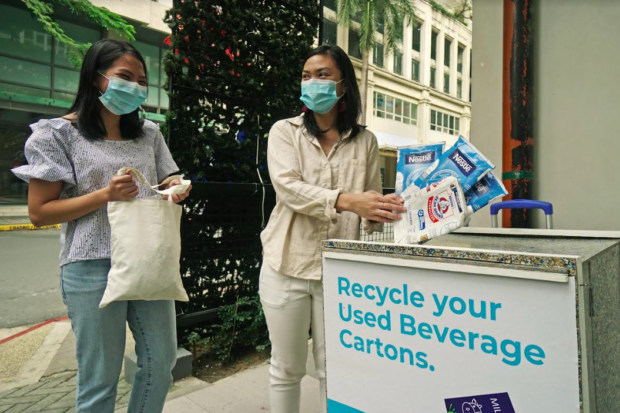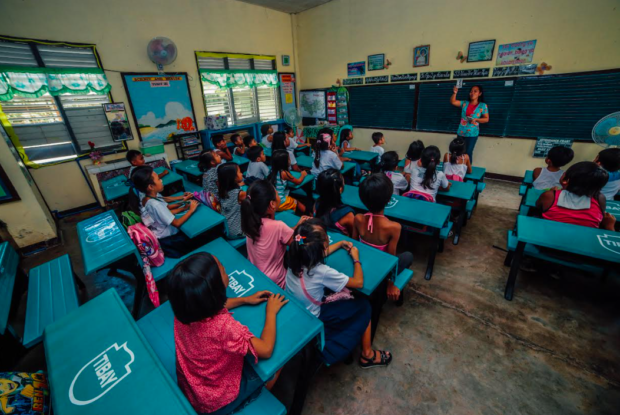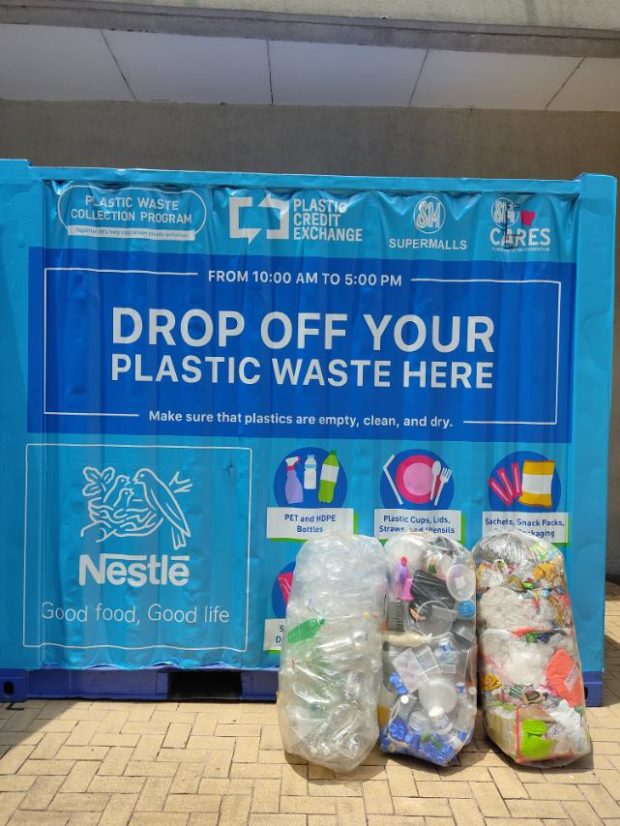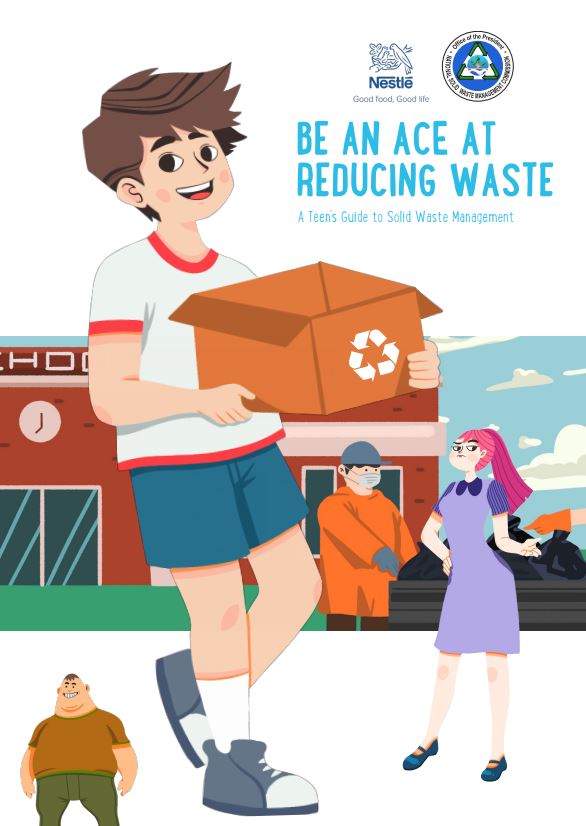EPR law on plastic waste will succeed as all sectors work together
The new law on extended producer responsibility (EPR) for plastic waste is a major milestone in tackling plastic waste and its implementation will succeed with sustained collaboration and partnerships among stakeholders. These are the government agencies and LGUs, manufacturers and importers, NGOs and civil society groups, and consumers and communities, said Chairman and CEO Kais Marzouki of Nestlé PH, one of the country’s largest food and beverage manufacturers.
“The effective implementation of the law is urgently needed to tackle the plastic pollution crisis,” he added.
Republic Act No. 11898, The Extended Producer Responsibility Act of 2022, defines EPR as the environmental policy approach and practice that now requires producers to be environmentally responsible throughout the life cycle of a product, from manufacture to consumption or use, and especially to its post-consumer or end-of-life stage. Large enterprises are covered, with auditing and annual compliance reports to be submitted. Plastic packaging refers to products used to carry, protect or pack goods for transportation, distribution and sale.
The law mandates establishing or phasing in EPR programs within six months, with yearly incremental target recovery rates up to 80 percent by 2028.

Among its initiatives, Nestlé PH encourages consumers to dispose of used beverage cartons for recycling.
“At Nestlé, our purpose is unlocking the power of food to enhance quality of life, today and for generations to come. In serving people, we need natural resources and a healthy planet, and so we strive to do our share to protect the environment and ultimately help regenerate the Earth in our operations,” said Mr. Marzouki.
As a voluntary form of EPR, Nestlé PH has been fully plastic neutral for two years as of this August. It has recovered over 52 million kilos of plastic waste as of last July, equivalent to the volume of plastic packaging it put out in the market.
The company’s firsts in the country include making a full transition from plastic to paper straws. Working with the Department of Education (DepEd) and the National Solid Waste Management Commission, it has developed solid waste management modules reaching millions of students in over 20,000 public schools nationwide.
With the Department of Environment and Natural Resources, it is helping to train LGUs on solid waste management.

Tibay bench and desk sets made of upcycled Bear Brand packs in a schoolroom.
Through the Bear Brand Tibayanihan project, since 2016 Nestlé PH has provided over 12,000 benches and chairs made of upcycled Bear Brand packs for 131 public schools through the DepEd. This year, another 5,000 Tibay chairs will be turned over to schools in 12 cities nationwide.
The company has reduced its use of plastic year-on-year since the early 1990s and continues to accelerate this process. By 2025 its packaging including plastics will be 100% recyclable or reusable, and it will cut virgin plastics consumption by 1/3. Since 2016, all its factories have attained zero waste to landfill status.

The importance of collaboration and partnerships: a strategically located drop-off point for plastic waste under a joint effort of Nestlé PH, Plastic Credit Exchange, SM Supermalls and SM Cares.
“Plastic pollution has complex challenges that need a collective, whole of society approach. With the commitment and participation of our employees, we will strengthen our collaboration with public and private sector partners to continue breaking new ground towards a waste-free future.
“As the EPR law is implemented, we will intensify our efforts in searching for packaging alternatives while working to reduce plastic use, putting in place collection and recycling mechanisms, and mobilizing consumer involvement and participation.

“A Teen’s Guide to Solid Waste Management” – an example of consumer mobilization material, developed by Nestlé PH and the National Solid Waste Management Commission.
“Beyond investing in sustainability practices which is integral to our business, at Nestlé we are on a journey to regeneration. An important aspect of this is helping to protect, renew and restore the environment. We are joining hands with other stakeholders to create a cleaner, healthier and more resilient planet for future generations,” Mr. Marzouki said.
ADVT.